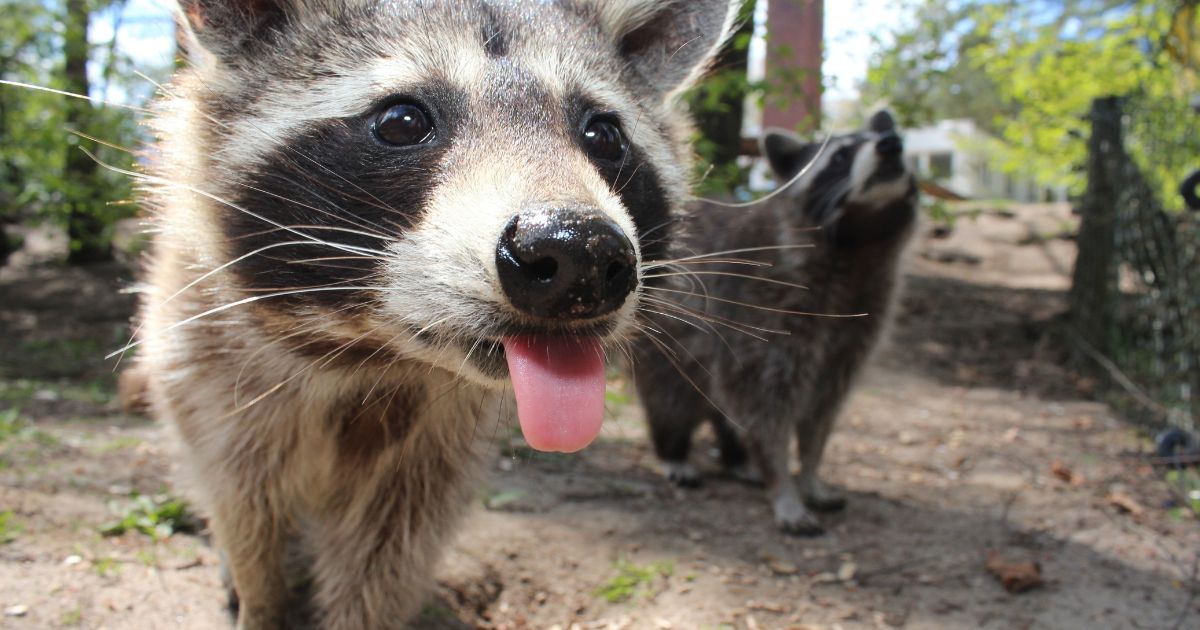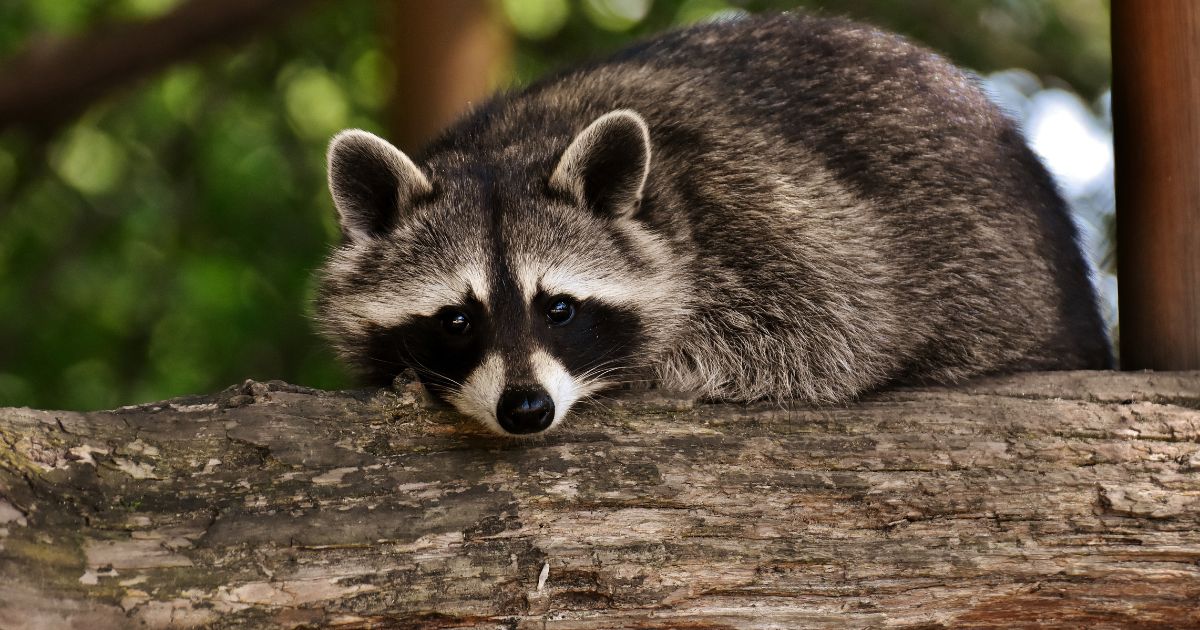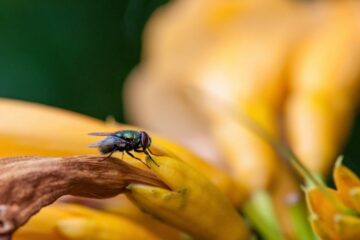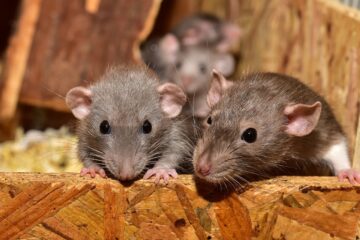Raccoons are often seen as mischievous creatures rummaging through garbage, but their role in nature goes far beyond this reputation. These animals act as vital scavengers, helping to control waste and maintain a balanced ecosystem. By consuming everything from insects to small rodents, raccoons help regulate populations of various species, ensuring that no single group overpopulates an area.
Additionally, raccoons are instrumental in seed dispersal. When raccoons eat fruits and nuts, they inadvertently aid in the growth of new plants by spreading seeds through their droppings. This process contributes to plant diversity and supports the health of forests and other habitats. Understanding the importance of raccoons in their ecosystems reveals how interconnected all species are in maintaining environmental balance.
Raccoon Ecology and Behavior
Raccoons are highly adaptable creatures that play essential roles in various ecosystems. Their behaviors and habits significantly impact the environment and human property.
Habitats and Range
Raccoons thrive in diverse habitats, including forests, wetlands, urban areas, and suburban neighborhoods. They are native to North America and have a range extending from Canada to Panama.
These animals prefer areas with abundant food sources and water, often establishing homes in hollow trees, burrows, or even attics.
Raccoons are known for their nocturnal lifestyle, allowing them to evade predators and forage more effectively. Their adaptability to human environments highlights their ability to occupy various ecological niches.
Diet and Foraging Strategies
Raccoons are opportunistic omnivores, consuming a varied diet that includes fruits, nuts, insects, small animals, and human food. This flexibility allows them to thrive in both natural and urban settings.
They often use their dexterous front paws to probe for food, demonstrating remarkable problem-solving skills. Raccoons also exhibit a practice called “shadowing,” where they learn to follow their companions to new food sources.
Their foraging strategies can impact local ecosystems by controlling insect populations and dispersing seeds, contributing to ecological balance.
Reproduction and Development
Raccoons breed in the spring, with females typically giving birth to 2-6 young after a gestation period of about 63 days. The young, called kits, are born blind and helpless, relying entirely on their mother for care.
Kits open their eyes around three weeks old and start weaning at 8-10 weeks. When they reach 16 weeks, they often accompany their mother on foraging trips.
This period of juvenile dependency is crucial for teaching raccoons essential survival skills. Their reproductive habits are vital in maintaining population dynamics in their ecosystems.
Interactions with Humans

Raccoons can significantly affect your property and health. Understanding how they interact with humans can help you manage their presence effectively. If you are unwilling or unable to deal properly with raccoons, the best you can do is contact an expert wildlife animal removal service.
Raccoons and Property Interference
Raccoons are notorious for entering attics, basements, and garages, creating damage. They often search for food, leading them to rummage through trash bins or consume pet food left outside. This can ruin your garbage, cause cleanliness concerns, and attract other wildlife.
Secure garbage cans with tight-fitting lids to prevent raccoons from entering your yard. Take advantage of raccoon deterrents like motion-activated lights or ultrasonic devices. Regularly inspect your property for easy access points, such as open vents or gaps in fencing. Cultivating a raccoon-resistant garden by avoiding plants that attract them can also help protect your property.
Health Concerns and Safety
Raccoons can pose health risks to humans. They are known carriers of rabies, roundworms, and other parasites. Contact with raccoons or their feces can lead to zoonotic diseases; therefore, taking precautions is crucial.
Never attempt to handle raccoons or their offspring to mitigate potential health concerns. If you find a raccoon in your garbage or yard, keep a safe distance and contact local wildlife control for assistance.
It’s also important to educate your family about the risks and inform them not to feed or approach wild animals. Maintaining a clean environment and securing your property can significantly reduce the likelihood of raccoon encounters.
Mitigation and Deterrence Strategies

Effectively mitigating raccoon presence requires thoughtful waste management, physical barriers, and an understanding of legal and ethical considerations. Here are the key strategies for homeowners in Richardson.
Secure Waste Management
Raccoons are opportunistic feeders and are often attracted to unsecured trash. To deter them, use heavy-duty trash bins with tight-fitting lids. Keep these bins in a secure location, ideally a garage or shed.
Consider using animal-proof containers designed to resist tampering. It’s also wise to avoid putting trash out on the curb until the morning of collection day. Composting food waste can further reduce attractants out in the open.
Regularly inspect your outdoor area for leftover food sources, such as pet food or spilled birdseed. Keeping your environment clean is essential in discouraging raccoons from visiting.
Physical Barriers and Repellents
Installing fencing around your property can act as a physical barrier against raccoons. To prevent digging, use a fence that is at least four feet tall and buried a foot underground.
Consider using motion-activated sprinklers or lights, which can startle and deter raccoons when they approach. Additionally, various repellents, such as predator urine or commercial options, may help keep raccoons at bay.
Ensure that areas under decks and porches are sealed off. Removing possible den sites will reduce the likelihood of raccoons making your property their home.
Legal and Ethical Considerations
When addressing raccoon issues, it’s important to understand local regulations regarding wildlife management. In Richardson, many areas have guidelines on humane wildlife removal and legal traps.
If you must remove a raccoon, do so humanely and respect local wildlife laws. Consult with a wildlife professional to ensure compliance and best practices for raccoon handling.
Using humane techniques is crucial for the welfare of both raccoons and the community. If problems persist, you may want to contact Critter Stop at (214) 234-2616 for a free inspection. Critter Stop has a fantastic reputation and online customer reviews because it provides high-quality work and great customer service.




